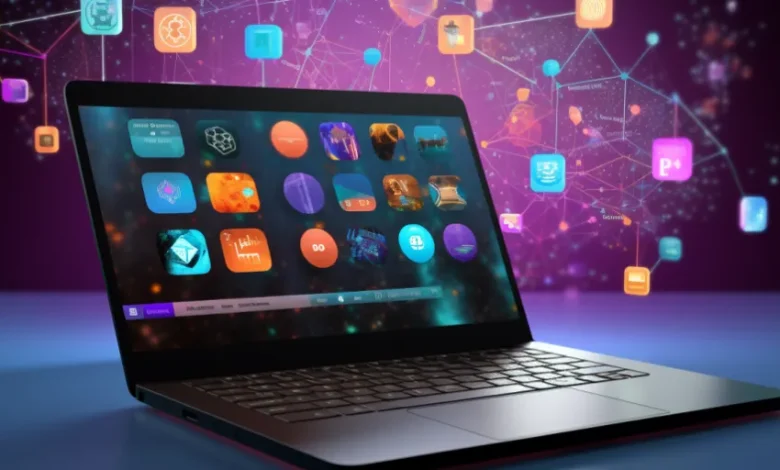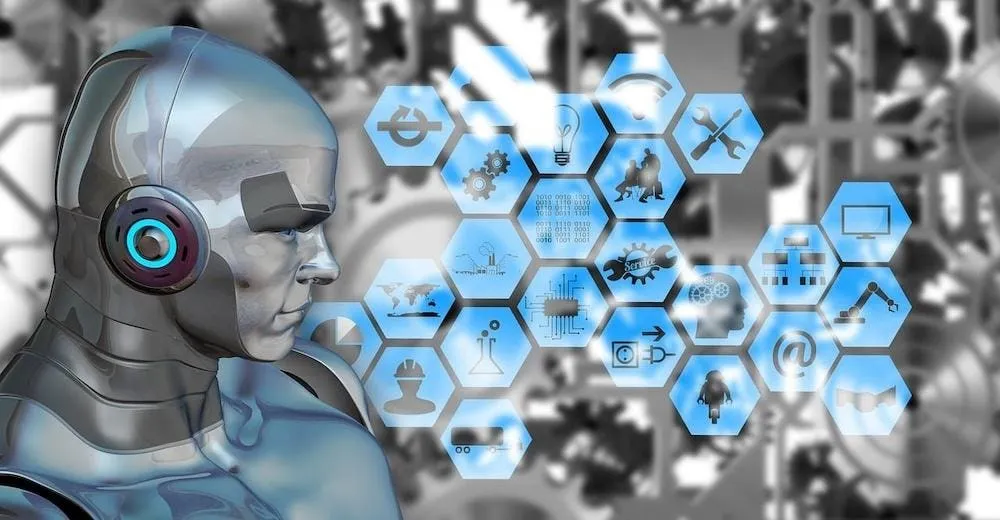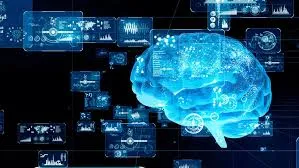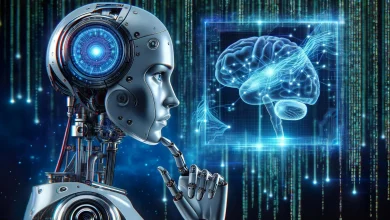
Are AI-Generated Operating Systems the Future?
The rise of AI operating systems may reshape how we interact with computers. But are we ready to hand over full control to AI?
Computing is evolving quickly, and traditional operating systems might not be able to keep up. Enter AI operating systems—software environments designed not just to respond to user commands but to predict, adapt, and even act on behalf of users. These systems are being built to learn from behavior, optimize performance, and provide intelligent assistance without constant manual input.
Unlike today’s OS platforms that operate based on static code and user interaction, AI operating systems could become dynamic environments that personalize experiences in real time. They can streamline multitasking, boost energy efficiency, and proactively adjust to each user’s preferences and context.
Smarter Systems, Smoother Experiences
One of the core strengths of AI operating systems lies in their ability to automate complex background tasks. These systems can manage memory usage, detect security threats, and even update themselves intelligently. Imagine a future where your OS schedules updates during your least active hours or optimizes your workflow based on your calendar and habits.
Another emerging feature is AI’s ability to assist creatively. In development environments, AI OS platforms may help programmers by suggesting code, while for content creators, they could manage editing, formatting, and asset organization. These proactive, learning-driven systems are meant to transform passive machines into collaborative tools.

Are We Ready for Fully Autonomous Software?
Of course, the rise of AI operating systems isn’t without challenges. The idea of an OS that “thinks” raises serious questions about transparency, privacy, and control. If the system decides how and when to act, can users still feel fully in charge? Developers must build in user oversight and ethical boundaries to prevent misuse or error.
Additionally, current AI models still struggle with reliability in unexpected situations. Integrating them into an essential system like an OS adds complexity. Ensuring these systems don’t compromise security or user data is crucial. Trust in AI will be a major factor in widespread adoption of AI operating systems.

A Glimpse at What’s Next
Several tech thinkers and engineers predict that in the next 10–15 years, AI operating systems could become mainstream. They could power not only PCs and smartphones, but also edge devices, smart homes, and autonomous machines. Some even envision AI OS platforms evolving to host personal AI assistants that know your daily routine better than you do.
While today’s systems like Windows, macOS, and Android still dominate, early AI-infused environments are already appearing. From AI-driven desktop environments to voice-command interfaces, the shift has begun. It may not be long before AI operating systems are not the future—they’re the new standard.



